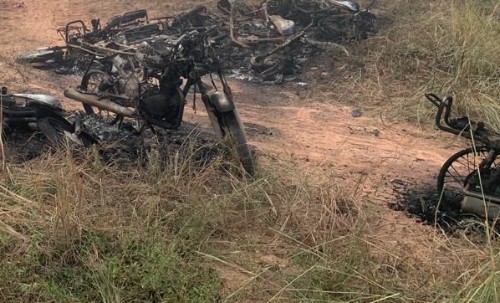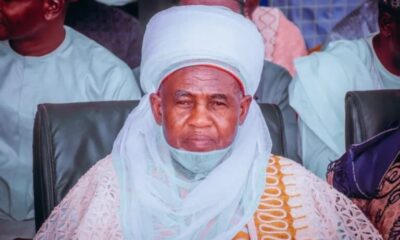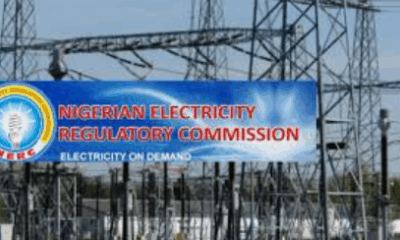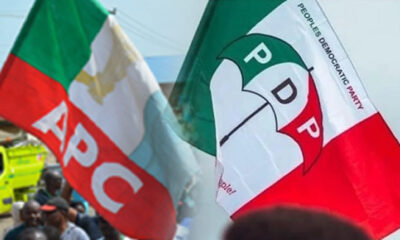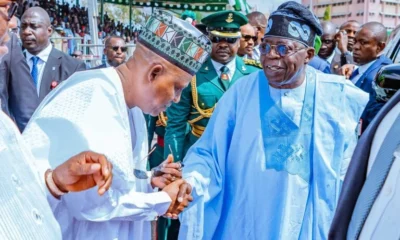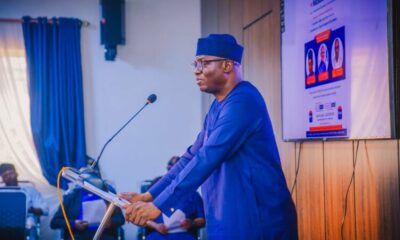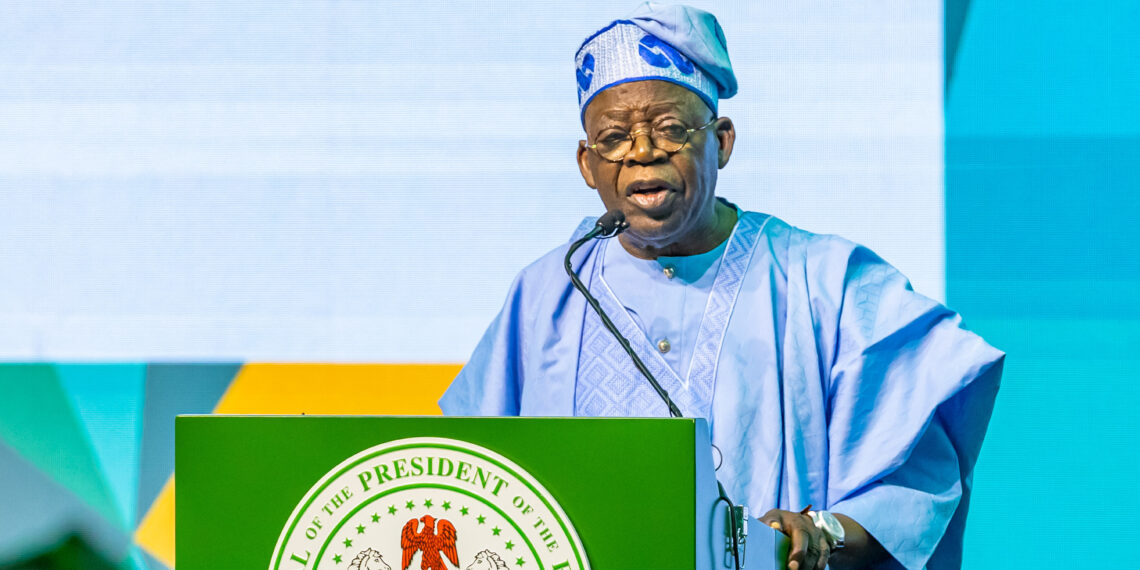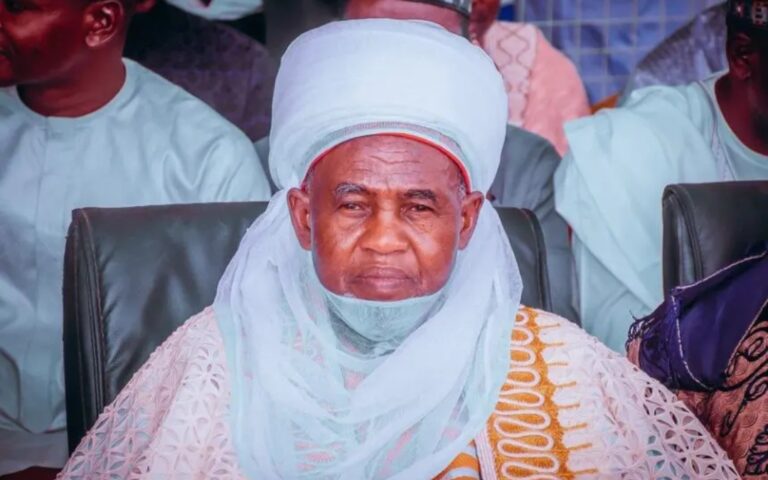The Nigerian Electricity Regulatory Commission has stated that state governments do not have authority over the national grid or power stations established under federal laws or operating with licences issued by the commission.
This clarification came in response to the controversy surrounding the Enugu Electricity Regulatory Commission’s reduction of the Band A electricity tariff.
In a statement on Thursday, the national regulator advised states to fully reflect wholesale costs in electricity tariffs or be prepared to subsidise any shortfall.
The commission acknowledged that states with full regulatory control over their internal markets are permitted to establish and regulate transactions within their state electricity sectors, including creating tariff structures for end-users.
However, electricity distribution and generation companies cautioned that states can only independently set tariffs once they begin producing and transmitting electricity themselves.
In its Thursday statement, NERC warned that “as states do not have jurisdiction over the national grid and over electric power stations established under federal laws/operating under licences issued by the commission; they must holistically incorporate the wholesale costs of grid supply to their states without any qualification or deviation in their design of tariffs for end-use customers in order not to distort the dynamics of the market or be prepared to make a policy intervention by way a subsidy for any deviation in the tariff structure that distorts the wholesale generation, transmission and legacy financing costs in the Nigeria Electricity Supply Industry.”
The commission stressed that no regulatory body should make decisions that would financially compromise the national grid or wholesale market, contrary to the constitutional powers granted to them.
It noted that it had received complaints regarding the Tariff Order (Order No. EERC/2025/003) issued by the Enugu State Electricity Regulatory Commission to its licensee, Mainpower Electricity Distribution Limited, which relies solely on power from the national grid.
NERC stated that stakeholders in Nigeria’s electricity market have expressed concern over the tariff cut to N160.4 per kWh for Band A customers in MEDL’s network and the freeze on tariffs for other customer bands, given the impact on wholesale generation, transmission, and legacy financial obligations. The N160.4 rate was largely achieved by reducing the current average Generation Tariff of N112.60 per kWh to N45.75, assuming a subsidy of N66.85 per kWh.
NERC explained that section 34(1) of the Electricity Act mandates the commission to maintain efficient electricity market structures and ensure optimal resource use. It added that both NERC and EERC share statutory obligations and should avoid actions that could jeopardize the financial integrity of the electricity industry.
The commission said it is currently engaging EERC to resolve any misunderstandings regarding its tariff order and reiterated its commitment to ensuring the market remains financially viable, in line with national law.
Meanwhile, the Association of Nigerian Electricity Distributors and the Association of Power Generation Companies have urged states, including Enugu, to wait until they generate and transmit their own electricity before reducing tariffs.
The CEO of ANED, Sunday Oduntan, cautioned Band A customers in Enugu not to celebrate yet, stating that it is not possible to receive 20 hours of power daily at a rate of N160 per kilowatt-hour.
On Sunday, the Enugu Electricity Regulatory Commission directed MainPower Electricity Distribution Company to reduce the Band A tariff from N209/kWh to N160/kWh, starting August 1.
This decision triggered backlash from generation and distribution firms, who accused EERC of placing further financial pressure on a sector already burdened by N5.2 trillion in government debt.
While EERC said it had done the necessary calculations before deciding on the new tariff, Oduntan argued that no state currently has the authority to independently set power prices unless they control the entire value chain.
Earlier, Oduntan raised alarm over increased refusal by customers to pay electricity bills following the Enugu tariff cut, saying it could destabilise Nigeria’s power industry.
He said that since EERC’s announcement, customers in other states have begun demanding similar reductions, with some refusing to pay at all.
The CEO of the Association of Power Generation Companies, Joy Ogaji, echoed Oduntan’s position, asserting that states cannot independently set prices for electricity they do not produce.
“The fact speaks for itself. The fact that EERC still regulates a product it does not produce at the state level, but from the wholesale market, they cannot unilaterally regulate that price,” she said.
Ogaji added that EERC’s tariff reference to NERC included a subsidy she called imaginary, saying no official government policy confirms such a subsidy, nor does any financing plan exist to manage the sector’s growing debts, which are harming the financial health of power generating companies.
“Their claim based on an imaginary subsidy is baseless. You can’t build something on nothing. Tariff documents are not child’s play. They form the fulcrum for many decisions, including business decisions, potential investors, and so on.
“This regulatory rascality will not be sustainable for decentralisation. Do you even have a justification for claiming a subsidy? Let’s assume there is one in a federal market, you have applied to be independent of? Can you eat your cake and still have it? How do you even claim this subsidy as a state? Unfortunately, we lack leadership in this sector,” she said.
In its response, the EERC said its decision to reduce the tariff had no impact on the cost of power generation. It stated that, based on MainPower’s operational costs, maintaining the previous Band A rate of N209/kWh was not justified.
In a statement, Reuben Okoye, EERC’s Commissioner for Electricity Market Operations, said the commission is working toward creating a sub-national electricity market that is transparent, accountable, reliable, and sustainable. He added that utility service costs would continue to be reviewed to meet the needs of Enugu residents.
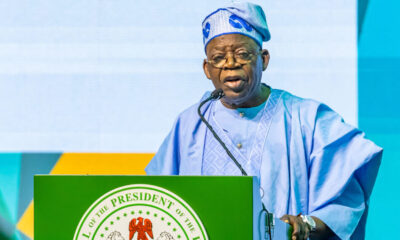
 BIG STORY4 days ago
BIG STORY4 days ago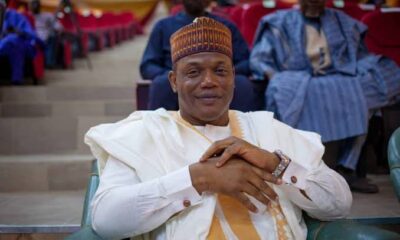
 BIG STORY4 days ago
BIG STORY4 days ago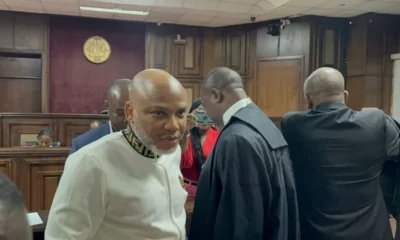
 BIG STORY2 days ago
BIG STORY2 days ago
 BIG STORY4 days ago
BIG STORY4 days ago
 BIG STORY3 days ago
BIG STORY3 days ago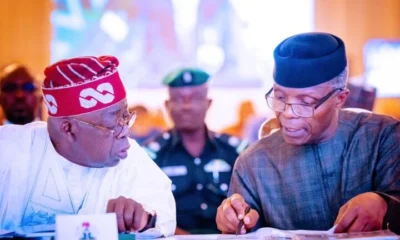
 BIG STORY1 day ago
BIG STORY1 day ago
 BIG STORY3 days ago
BIG STORY3 days ago
 BIG STORY1 day ago
BIG STORY1 day ago




